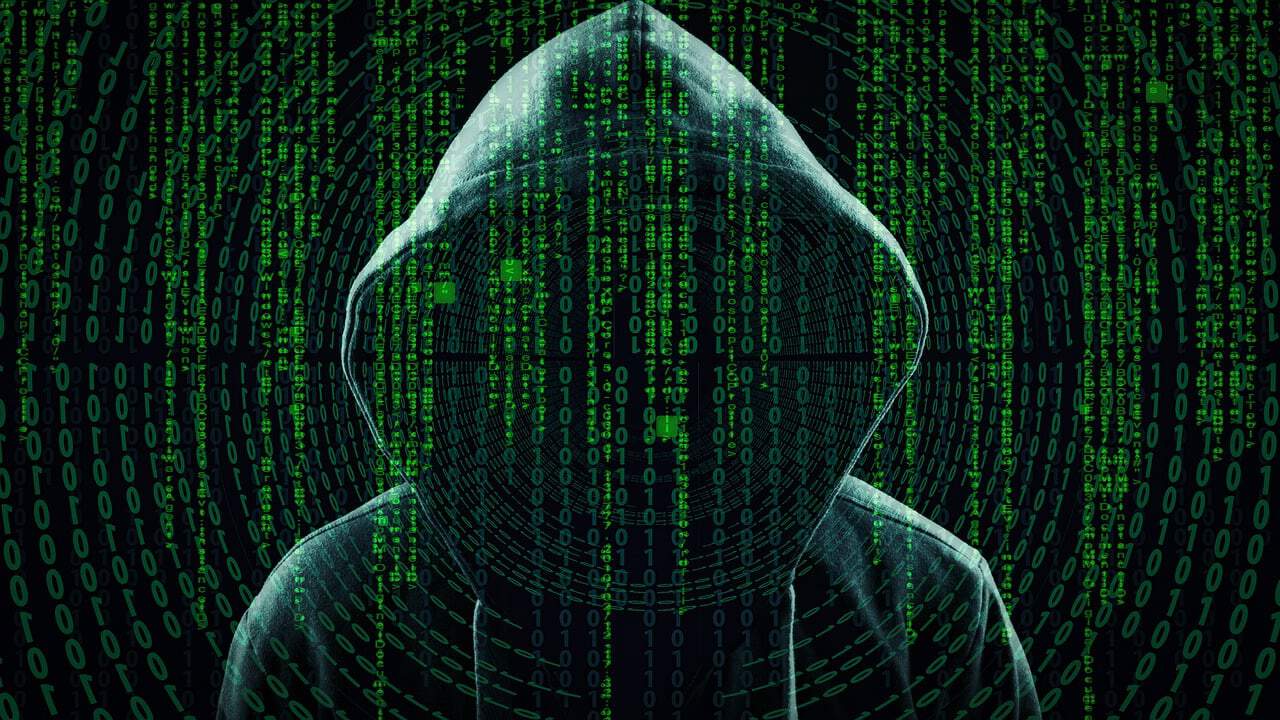The Embassy of China in Costa Rica rejected accusations by the Costa Rican Government and the U.S. Embassy in San José regarding cyberattacks allegedly originating in China. In a joint statement, Costa Rica and the U.S. indicated that cyber intrusions by criminal groups located in China had been detected in Costa Rica’s telecommunications and technology systems.
The investigation included a comprehensive review of critical systems to strengthen the resilience of the country’s technology infrastructure. The Chinese Embassy strongly denied the allegations, stating, “We strongly reject the United States’ defamation of China’s image and its interference in China-Costa Rica relations to serve its own interests.”
The Embassy emphasized that “cybersecurity is a global challenge,” adding: “China strictly acts in accordance with the law, combats all forms of malicious cyber activities, and advocates addressing these challenges through international dialogue and cooperation. We oppose the politicization of cybersecurity issues.”
Chinese representatives also called for collaboration, saying, “We hope that the Costa Rican side will clearly see the reality and work together with China to protect cybersecurity with a cooperative attitude.” Shortly after the Chinese Embassy’s response, Costa Rica’s Ministry of Science, Innovation, Technology, and Telecommunications (Micitt) confirmed the detection of “cyber intrusions from Asia into Costa Rican systems and technology.”
Micitt clarified that the findings emerged “following a comprehensive cybersecurity review conducted in conjunction with the U.S. Embassy.” However, the joint statement did not specify the number of attacks detected or the entities allegedly targeted by cybercriminal groups based in China.
The government of President Rodrigo Chaves has since escalated its stance on cybersecurity. Chaves banned Huawei from Costa Rica’s 5G development by decree, citing national security concerns. He argued that China’s absence from the Budapest Convention on Cybercrime justifies excluding the Chinese company to protect personal data and critical infrastructure.






